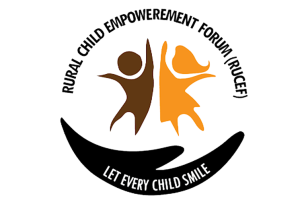According to the 17 Sustainable Development Goals (SDGs) aiming to create a better world by 2030, the 6th goal of sustainable development is to ensure availability and sustainable management of water and sanitation for all. This is to be achieved through the following specific targets; achieving universal and equitable access to safe and affordable drinking water for all, access to adequate and equitable sanitation and hygiene for all and end open, improving water quality by reducing pollution, eliminating dumping, and minimizing release of hazardous chemicals and materials, halving the proportion of untreated wastewater and substantially increasing recycling and safe reuse globally, water-use efficiency across all sectors and ensure sustainable withdrawals and supply of freshwater to address water scarcity and substantially reduce the number of people suffering from water scarcity, implement integrated water resources management at all levels, including through transboundary cooperation as appropriate, protecting and restore water-related ecosystems, including mountains, forests, wetlands, rivers, aquifers, and lakes, expanding international cooperation and capacity-building support to developing countries in water- and sanitation-related activities and programs, including water harvesting, desalination, water efficiency, wastewater treatment, recycling, and reuse technologies and supporting participation of local communities in improving water and sanitation management.
Access to safe drinking water remains a challenge in Uganda. According to Uganda Bureau of Statistics (UBOS)report, 11 million people live without access to clean water. Unsafe water is one of the largest barriers to eradicating extreme poverty. Urban people living in poverty spend as much as 22% of their income on water from water vendors. Spending such a high percentage of earnings on water reduces overall household income, limiting opportunities to build savings and break the cycle of poverty. In rural areas, people have to between 40 minutes to 1 hour to the nearest clean water source. The excessive amount of time people spend on water collection hinders their ability to work and affects the economy. A family needs around 20 liters (5.28 gallons) for drinking, washing, cleaning and cooking.
This majorly affects women and girls since they are the ones responsible for collecting water, which takes them away from work and school. When they have water, though, all that changes. They have time to work, study, and spend time with their families.
Due to Uganda’s rapid population growth, water supply has been strained creating a wide range of problems. It should be noted that the water crisis affects people in rural areas, especially in the districts of Isingiro, Rukungiri, Mitooma, Sheema, Rubirizi, among others, shortage of clean water has left communities sharing water sources with animals increasing the like hood of people contracting water-related diseases.
As Rucef and together with partners, our focus is to shorten the distances people have to walk to reach the nearest water source by building as many semi-modern boreholes as possible. Our target is that each family should have access to the nearest water borehole source within 10 to 20 minutes of walk.
We are also focused at educating rural communities on how to maintain these water sources clean, conservation of wet lands and encourage them to keep high standards of general sanitation if we are to reduce water born related diseases.
